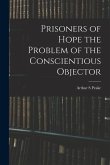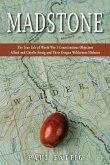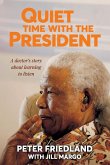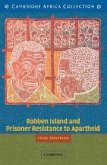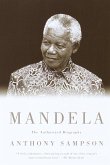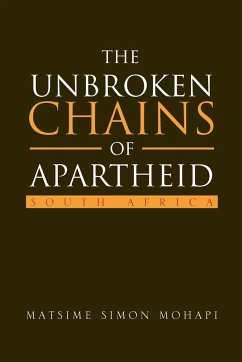This book is Peter Moll's account of his resistance to the South African military in the years 1977 to 1980. He describes in detail why young men like him generally did twelve or 24 months in the army as they were required to, and admits that when he obeyed his 1974 call-up for twelve months, he did so unthinkingly and without fathoming the moral implications of so doing. Then he shows how his mind changed as he attended university and had contact with Black students via the Students' Christian Association. He became convinced that the army was not 'defending Christianity against communism', as it claimed, by fighting against SWAPO, the ANC and the PAC. The anti-communist rhetoric was a cover. Instead the army was conducting a civil war on behalf of white people and their political and economic interests, against the black majority. Right away he became a conscientious objector in principle. From 1977 he refused repeatedly to do army camps. Courts martial in December 1977 and September 1979 did not make him buckle: on the contrary, he drafted papers about conscientious objection and distributed them to churches, student associations and magazines, and he wrote letters to the newspapers and gave speeches explaining why South Africa did not need war but needed a national convention to determine a new constitution and a new political system that would include all of the country's peoples. The generals were worried about this negative publicity because the coherence of the military conscription system depended critically on the assent of the white population; criticism, they feared, could weaken the armed forces. They tried to use the military chaplaincy to make Peter turn, but this failed. Then they tried offering him a non-combatant position (as a medic) but Peter turned this down. On 4 December 1979, he was tried by court martial and sentenced to twelve months' imprisonment in the Voortrekkerhoogte Detention Barracks (near Pretoria). While there he refused military dress and training, so was repeatedly tried by summary court martial for 'disobedience' and placed in solitary confinement. Many individuals and churches all over the world wrote letters of protest and offered their support to Peter. For instance, Bishop Tutu, then General Secretary of the South African Council of Churches, wrote him a letter every month. Demonstrations protesting his treatment were mounted in London and New York. After ten summary courts-martial and 125 days of solitary in total, the army yielded to public pressure and took him out of solitary. Peter then did odd jobs around the barracks, such as cleaning the fish pond and picking up cigarette butts, until his release on 2 December 1980. As the book explains, Peter's action resulted in much more public discussion about conscientious objection and led to more young men refusing army service. This in turn spawned the growth of Conscientious Objector Support Groups in all major cities, and this in turn prompted the founding of the activist End Conscription Campaign in 1983. The white government was faced with widespread protest against apartheid during the 1980s, and then with painful economic sanctions, and it eventually came to recognize that it needed credible black leaders to run the country. Nelson Mandela and other political prisoners were freed in 1989 and 1990, paving the way for the long awaited national convention. In 1993 conscription was abolished. The book includes a listing of all the hundreds of people who wrote to him during 1980, as well as a complete index. All events are documented to the extent possible using the archives of several university libraries and the South African National Library. In addition to being readable, the book is also intended as a scholarly contribution assisting researchers in history, political science and related subjects.
Hinweis: Dieser Artikel kann nur an eine deutsche Lieferadresse ausgeliefert werden.
Hinweis: Dieser Artikel kann nur an eine deutsche Lieferadresse ausgeliefert werden.


